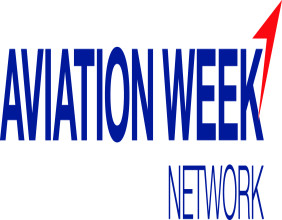Highlights
- Euro and Eastern European currencies advance amid enhanced support for Ukraine.
- European equity futures and Asian market trends reflect upward movement.
- Geopolitical initiatives focus on an autonomous European defense framework amid global trade pressures.
The European financial and equity markets continue to experience dynamic shifts amid geopolitical events and evolving economic policies. Monitor movements in the common currency and equities as regional leaders intensify efforts to support Ukraine. The sector, influenced by global trade dynamics and policy decisions, remains a focal point for market participants seeking clarity amid international uncertainties.
Currency Movements and Regional Strength
Recent trading sessions have seen the euro gain ground against the US dollar, outperforming other major currencies. Eastern European currencies, including the Polish zloty and Romanian leu, have registered upward movement as regional governments display heightened commitment to Ukraine. This collective advance in currencies underscores a broader trend of market strength in Eastern Europe, where economic stability is bolstered by coordinated political support.
Geopolitical Developments and European Unity
Geopolitical events have taken center stage as European leaders work to forge a united front in support of Ukraine. A "coalition of the willing" is emerging, emphasizing closer ties among member states and reinforcing Europe's commitment to security and autonomous defense. High-level meetings in Brussels and other capitals have set the stage for renewed dialogue on defense cooperation. Recent exchanges between US President Donald Trump and Ukrainian President Volodymyr Zelenskiy have further energized discussions, while the United Kingdom has publicly endorsed efforts aimed at facilitating a transatlantic trade arrangement that may alleviate tariff pressures on EU exports.
Global Trade Pressures and Economic Policy
The international trade environment remains complex as emerging tariff threats create volatility. Comments from US leadership regarding tariffs on European imports have heightened uncertainties in global markets, exerting pressure on European indices. Simultaneously, China prepares for a significant political gathering, an event that coincides with escalating trade measures in other regions. These developments interlace with shifts in economic policy, as markets weigh the impact of expanded tariff measures and countermeasures by trading partners.
Insights from Financial Leaders
Within this turbulent context, observations from prominent financial figures contribute to understanding the evolving landscape. Christopher Dembik, a senior investment manager at Pictet Asset Management, stated that the US turnaround represents a historic opportunity for Europe to address the concept of an autonomous defense framework. He noted that many innovations developed for military purposes have delivered considerable civilian benefits, citing the internet as a prime example. Such remarks underscore the broader implications of geopolitical maneuvers, emphasizing that strategic adjustments in international relations may carry significant economic ramifications.




